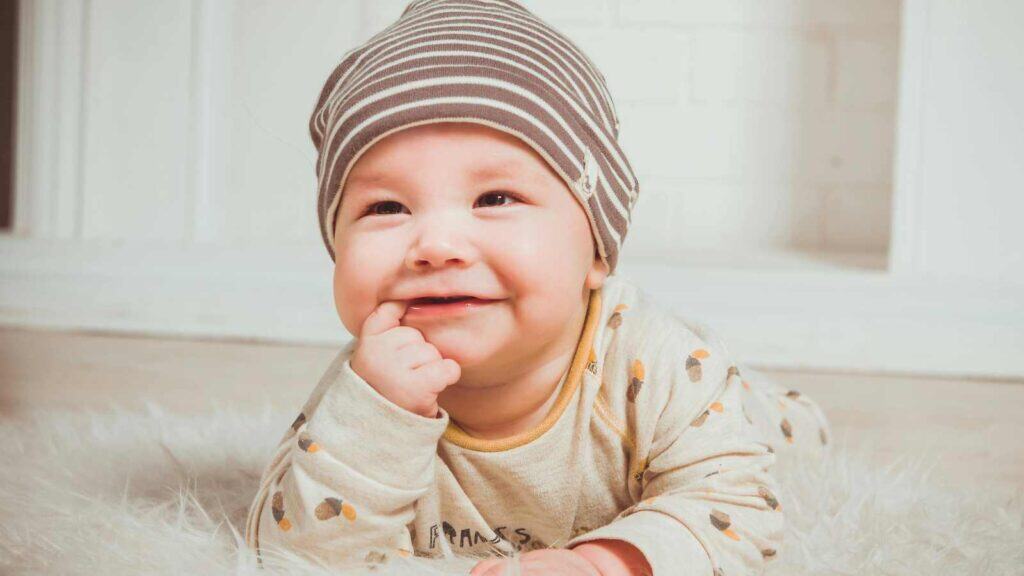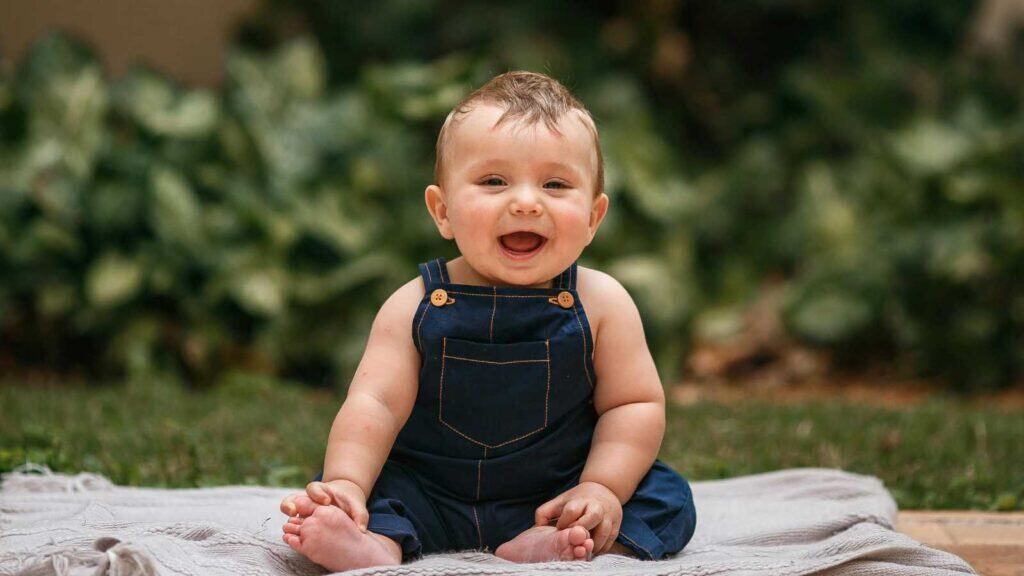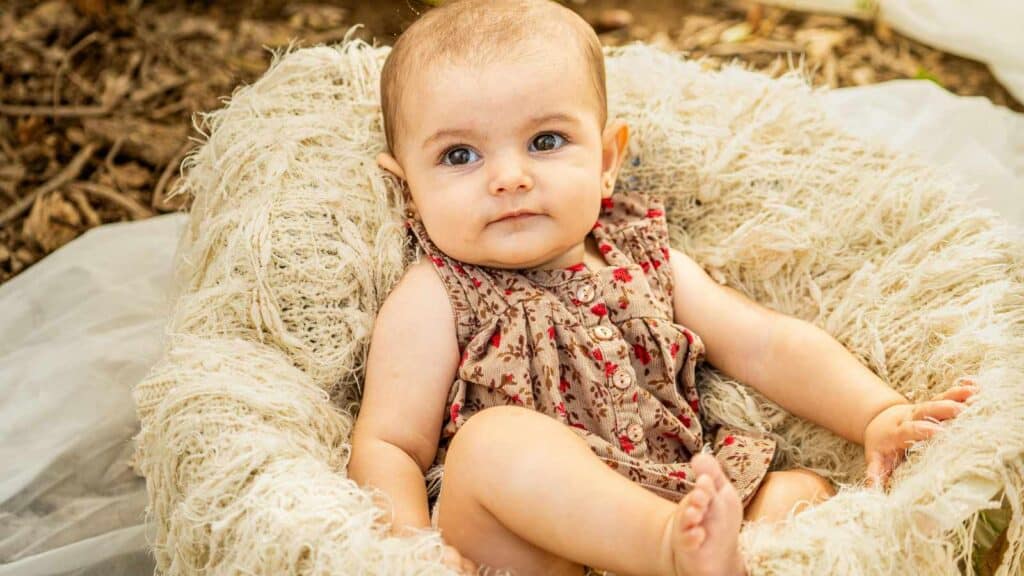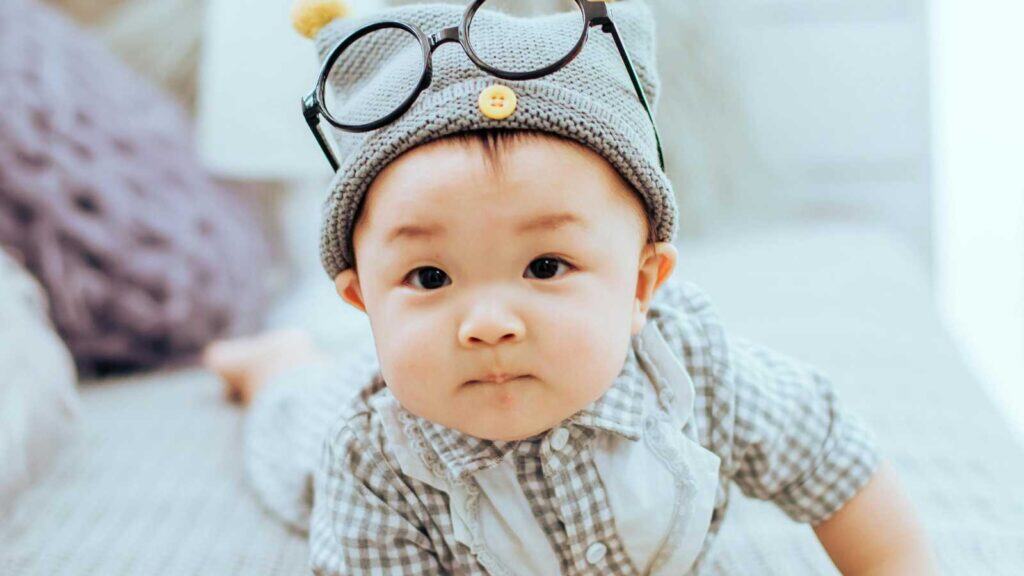12 Baby Boomer Names Parents Rarely Choose Today
In a landmark study published in Names: A Journal of Onomastics, Herbert Barry and Aylene S. Harper uncovered a curious truth about American baby names: unisex rarely lasts. By examining Pennsylvania birth records between 1960 and 1990, they found that names used by both boys and girls tended to follow a predictable trajectory, starting masculine, sliding into unisex territory, and then becoming overwhelmingly feminine.
Some names evolve across the gender spectrum, while others, such as Linda, Gary, Deborah, or Karen, are firmly rooted in a particular generation or cultural era. To question the significance of a name is to explore not only its origins but also its connection to history, power, and identity. It prompts us to consider why certain names endure, why others fade away, and how societies imbue our most personal labels with significance.
Linda

Linda was on the rise before the Second World War, but when songwriter Jack Lawrence composed “Linda” for his attorney’s daughter and crooner Buddy Clark turned it into a hit song in 1947, the name gained popularity.
In 1947, almost 100,000 baby girls were named Linda — the largest number ever for a girl’s name in the US. Its association with Lee Eastman’s daughter (the latter Linda McCartney) provides a cultural footnote, but it was the song that made Linda the archetypal Baby Boomer name. Overexposure by the 1970s led to a sharp decline, and it is now rarely administered to newborns.
Jeffrey

With its simple, two-syllable flow and friendly nickname, “Jeff,” the name’s popularity was bolstered by the rise of figures like actor Jeff Bridges and numerous other Jeffs in sports and television.
But as the saying goes, familiarity can breed contempt. In recent years, the name’s decline has been hastened by negative associations from public scandals and a growing perception that it belongs to an older generation. Today, Jeffrey is an uncommon choice for a baby, largely remembered as a quintessential name of the Baby Boomer generation.
Pamela

The name itself boasts fascinating literary origins, first crafted by the 16th-century poet Sir Philip Sidney for his pastoral romance, “Arcadia.” It likely merges the Greek terms “pan” (meaning “all”) and “meli” (meaning “honey”), thereby signifying “all sweetness.”
Though it remained uncommon for centuries, its resurgence in the 18th and 19th centuries imbued it with an aura of refined elegance.
Gary

Derived from the Old German element “Ger-,” meaning “spear,” the name Gary surged in popularity during the mid-20th century. Its rise was significantly influenced by Hollywood icon Gary Cooper and the industrial city of Gary, Indiana, itself named after magnate Elbert Henry Gary.
Throughout the 1950s and 1960s, Gary was a popular choice for American boys, reaching its peak as the 13th most popular name in the United States in 1956. However, following the Baby Boom era, its widespread appeal began to decline, becoming increasingly less common from the 1970s and rarely seen in recent years. Nonetheless, cultural figures such as actor Gary Oldman and cartoonist Gary Larson have helped maintain the name’s presence in public consciousness.
Brenda

The name Brenda gained public recognition through figures like rockabilly and pop icon Brenda Lee, famous for her hit “I’m Sorry.” Later, Brenda Walsh, a pivotal character in Beverly Hills, 90210, further solidified its place, becoming synonymous with 1990s teen drama.
Karen

A 2025 socio-onomastic study, published in Names: A Journal of Onomastics, delved into the psychological impact of the name “Karen.” Researcher I.M. Nick surveyed 681 women named Karen, revealing significant harm, from quantifiable discrimination to heightened hypervigilance and even PTSD symptoms.
Unlike other Baby Boomer names that simply faded from popularity, “Karen” experienced a distinct decline rooted in stigma, as its transformation from an ordinary given name into a cultural insult. Consequently, despite its once positive legacy, few parents today choose to bestow this name upon their children.
Dennis

Dennis has its origins in the Greek name Dionysios, which translates to “follower of Dionysus”, the Greek god of wine and revelry. The name gained popularity in English-speaking countries in the 20th century, reaching its peak in use after World War II, when parents chose simple, strong-sounding names for their children.
In the United States, the name became popular in part due to the comic strip character Dennis the Menace, which debuted in 1951.
Ronald

It had a dignified yet friendly air, in part due to the influence of U.S. President Ronald Reagan. Reagan’s path from Hollywood to the White House made his name a national legend.
However, the 1960s invention of Ronald McDonald gave the name an entirely different kind of notoriety: silly, whimsical, and linked to American fast-food culture. The name began to feel dated by the 1990s, burdened by both its mid-century overuse and its inescapable association with clowns.
Patricia

Patricia often appears with endearing nicknames such as Pat, Patsy, Tricia, or Patty, each with its own cultural connotations. The name has been popularized in pop culture through iconic figures such as actress Patricia Neal and First Lady Pat Nixon.
Although its popularity has declined in recent decades, Patricia remains a timeless, elegant name with enduring appeal.
Susan

The origins of the term “Lazy Susan,” used to describe a rotating serving tray, remain uncertain. Media historian Markus Krajewski suggests that the name might trace back to the 18th century, when “Susan” was often used as a generic term for female servants, paired with “lazy” to reflect a common stereotype of household staff at the time.
While some attribute its invention to figures like Thomas Jefferson or Thomas Edison, there is little evidence to support these claims.
Larry

Larry was originally a diminutive of Lawrence or Laurence. However, by the mid-20th century, Larry was being used as a name in its own right. Its short and friendly sound made it a popular choice for Baby Boomers.
Notably, comedians Larry King, Larry Bird, and musician Larry Graham helped keep Larry in the public consciousness.
Deborah/Debbie

A figure of wisdom, leadership, and courage, the biblical Deborah was an Old Testament prophetess and judge of Israel. American parents, seeking names with both religious depth and energetic appeal, propelled Deborah into the top 10 by the mid-20th century.
While the nickname “Debbie” gained a more playful and carefree association, largely thanks to Debbie Reynolds, the full name Deborah steadfastly maintained its powerful biblical roots.
16 Best Jobs for Pregnant Women

16 Best Jobs for Pregnant Women
Pregnancy is a transformative and joyous period in a woman’s life, but it comes with unique challenges and demands. One of the most crucial aspects during this time is ensuring a healthy work-life balance.
Finding the right job during pregnancy is not just about earning an income; it’s abo
Science Tells Us What To Expect As We Age: Strategies for Thriving in Later Life

Science Tells Us What To Expect As We Age: Strategies for Thriving in Later Life
How does aging affect our bodies and minds, and how can we adapt to those differences? These are questions that pertain to us all. Aging gradually alters people over decades, a long period shaped by individuals’ economic and social circumstances, their behaviors, their neighborhoods, and other factors. Also, while people experience common physiological issues in later life, they don’t follow a well-charted, developmentally predetermined path. Let’s take a look at what science has told us to expect.







